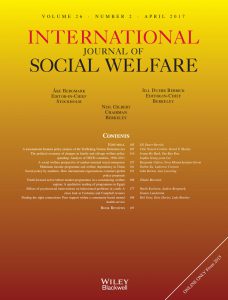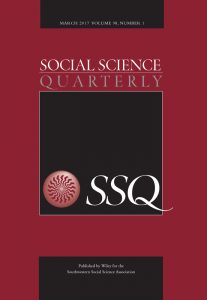Contentious Data: Hate Crimes and Resistance to the Matthew Sheperd Act
 by NickieWild
by NickieWild
Last week, the U.S. House of Representatives passed the “Local Law Enforcement Hate Crimes Prevention Act,” also known as the Matthew Shepard Act. Named after a college student who was robbed, tortured, and killed in Wyoming in 1998, it is believed that he was targeted because he was gay. The legislation will enhance Justice Department powers to investigate violent crimes where the victim may have been chosen due to actual or perceived race, gender, sexual orientation, disability, religion, color, or national origin. Sometimes, local officials are hesitant, possibly due to local prejudice, to strongly prosecute such crimes.
The passage of the Act, H.R. 1592, has caused concern amongst ultra-conservative organizations, such as the John Birch society and the KKK, that it could hinder free speech or create “protected” classes that are somehow elevated above white male heterosexuals. However, the law provides no penalties for speech, only enhanced prosecutorial power in violent crime cases and funding for law enforcement training. During the debate in the House, Rep. Virginia Foxx (R-NC) called the hate crime aspect of Shepard’s murder “a hoax.”
Sociologists have been writing about the difficulty of tracking hate crimes for years, since statistics mainly come from the FBI’s Uniform Crime Report. This information is reported by local and state law enforcement agencies, and can suffer from reliability issues. Are hate crimes increasing, or being reported at higher rates? The resistance to the concept, even by officials at high levels of government, underscores the need for more attention to how these crimes are reported.





Resistance to reporting of hate crimes is worrisome for the enforcement of laws designed to prohibit hate crimes. Thanks for an interesting post.
Keri
“..killed in Wyoming in 1998, it is believed that he was targeted because he was gay..”
This statement is where opposition to this law is justified. How does one prove, short of the criminal announcing it, that some crime was based on race or sexuality?
It is already illegal to assault or murder people.
The argument about localities not prosecuting strongly enough was interesting. Do the feds not already have the power to scrutinize and challenge localities’ handling of criminal cases without making distinctions based on these factors?